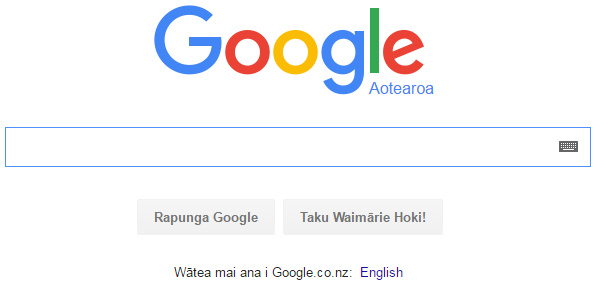The media article on the blunder of using Google translate by a mayoral candidate created lots of social media discussions that focused only on the tool and its te reo Māori issues and not the subtle racism in the story.
In summary: Hamilton mayoral candidate James Casson wanted to appeal to Māori voters and thought that the way to do this was by offering his candidate statement in the Māori language. So he asked a staff member to translate the document. That staff member used Google Translate which is still in development stage. The automated translation was not comprehensible.
First mistake James Casson made was that he has no idea of Māori culture and thought that simply having a translated version of his statement would suffice to win Māori voters.
But the most disturbing issue that reflects a popular New Zealand stereotype is in the article where James Casson states that:
“he gave his English version to a “Maori woman” at his office to get it done.”
Why did James Casson think that a Māori woman in his office could speak Māori? Would he have given it to a non Māori person to translate? His statement could also be taken as sexist as he didn’t simply say a staff member.
This stereotype is a common issue in New Zealand society where anyone who is of Māori descent is automatically assumed to be an expert in all things Māori, as if Māori have superior genes that make us know everything about the Māori language, customs and society. Yet we would not expect someone of Irish or other nationality to be an expert on their heritage, it is just a Māori thing.
The pressure is extremely high for many Māori who are placed in this situation in the work place and in social situation. Often I have seen organisations put all of their trust and visions for Māori into a Māori staff member who was never raised Māori and never learnt about Māoridom.
There are generations of Māori who were raised to believe that being Māori was shameful and to adapt and fit into society it is best to ignore your Māori heritage. There are also Māori who have witness’s things in their own families and community that makes them identify with being non Māori despite what their physical appearance may be.
According to statistics NZ between 1996 and 2013, the proportion of the Māori population able to converse in Māori decreased from 25.0 percent to 21.3 percent. I extrapolate that this is on the higher end of the real stats as people may have included being conversational when they are familiar with some Maori words and maybe a few sentences.


Leave a Reply